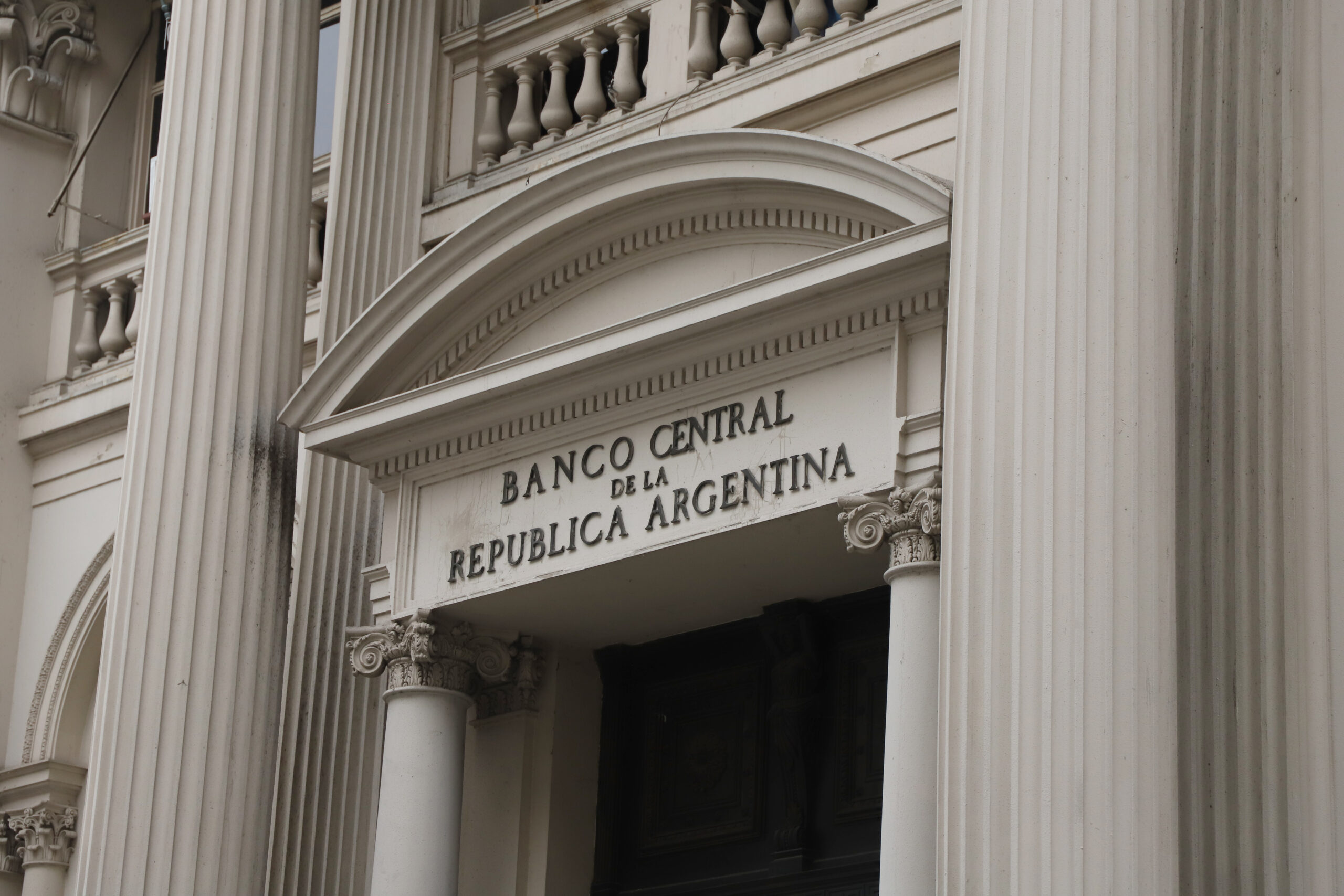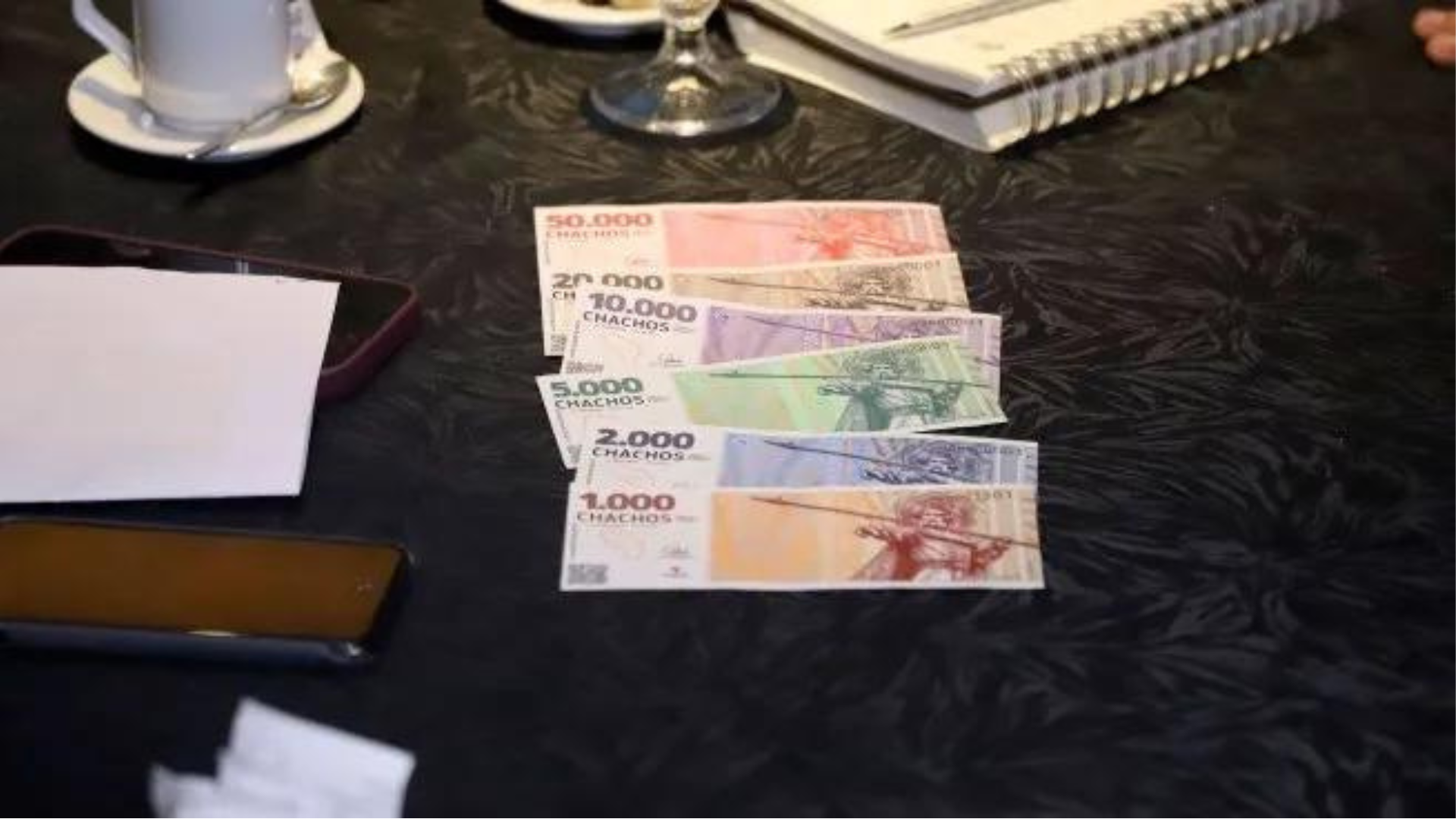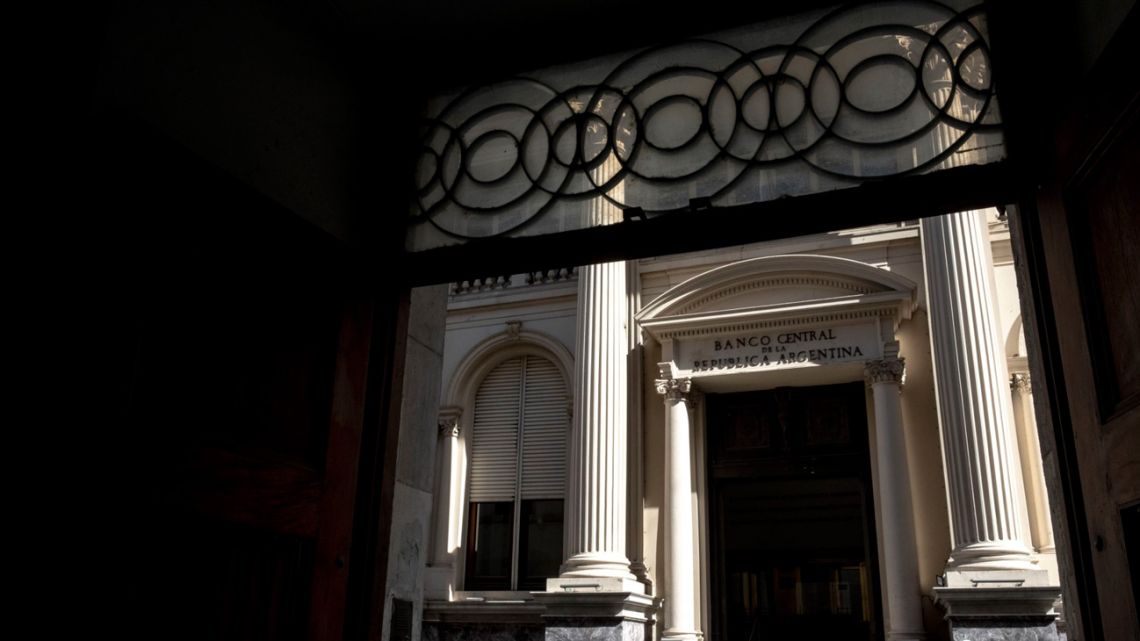



Argentina's Central Bank is currently under scrutiny as Banco Galicia, BBVA, and Banco Supervielle face investigations for potential irregularities in bond transactions and put options [5e4c32b6]. The Central Bank has initiated inquiries into these banks to ascertain whether they manipulated bond prices to profit from put options, which have surged to over 20 trillion pesos [5e4c32b6]. If proven, these actions could lead to significant fines under Central Bank regulations [5e4c32b6]. Meanwhile, the Central Bank has adjusted its policies, allowing put options to be exercised only 30 days before bond maturity in response to the burgeoning outstanding positions [5e4c32b6]. Banco Galicia has announced an internal investigation and plans to respond to regulators by the end of May [5e4c32b6].
In a notable development, La Rioja province has introduced a quasi-currency known as the Debt Cancellation Bond (BOCADE), or 'chachos', which can be used for purchases and to pay provincial taxes [44832433]. This measure was necessitated by the financial strain faced by provinces due to austerity measures and lack of funds from the national government [44832433]. The chachos are set to mature on December 21, 2024, and offer a 17% return if exchanged after maturity [44832433]. However, confusion has arisen regarding their acceptance in stores, as the list of participating businesses was recently removed from the provincial website [44832433]. President Javier Milei has criticized this quasi-currency as a scam that cannot generate wealth [44832433].
Adding to the complexity, Economy Minister Luis Caputo has confirmed that the Central Bank is transferring gold reserves abroad to generate returns on these assets [e1823185]. This strategy aims to strengthen the peso and utilize gold as collateral for fresh US dollars [e1823185]. Most of Argentina's gold reserves remain in the Central Bank's vault, but the gold abroad can be liquidated more rapidly [e1823185].
Recent developments have seen hedge funds Bainbridge Fund and Burford Capital pursuing claims against Argentina's Central Bank for its gold reserves following successful lawsuits in New York [e29d820a]. Bainbridge Fund, which won a $95 million lawsuit in 2023, is seeking details about the Central Bank's gold reserves, which Caputo has confirmed were moved overseas [e29d820a]. Analysts caution that these reserves could be targeted as collateral for Argentina's $4.4 billion debt due in January [e29d820a]. Burford Capital, which secured a $16.1 billion judgment for the expropriation of YPF, is also investigating state-owned companies and the Central Bank, asserting that it functions as an extension of the state [e29d820a]. Argentina is expected to respond to Bainbridge's inquiries on October 9, 2024 [e29d820a].